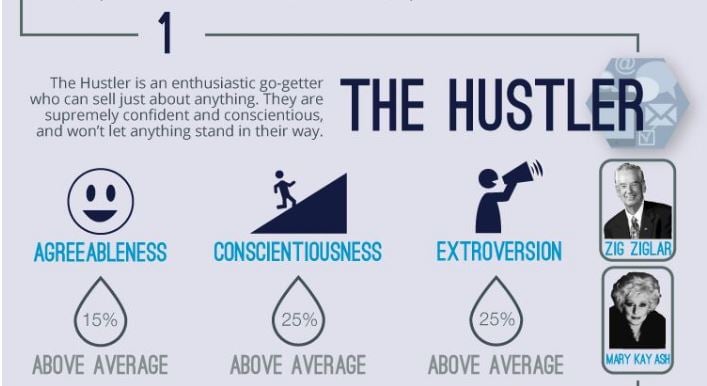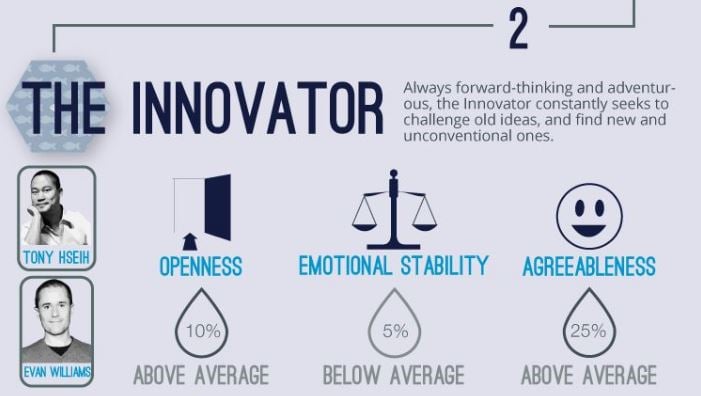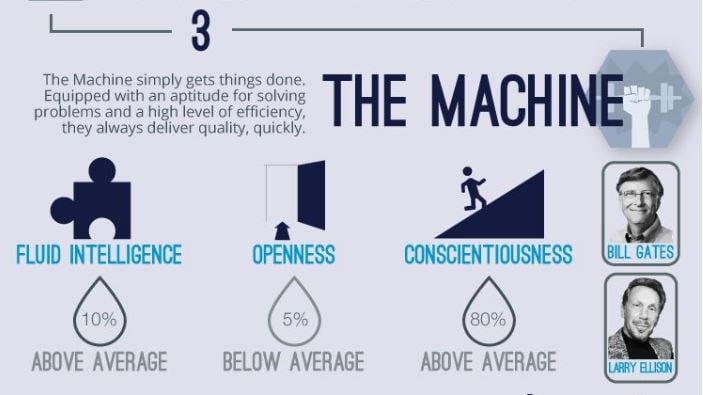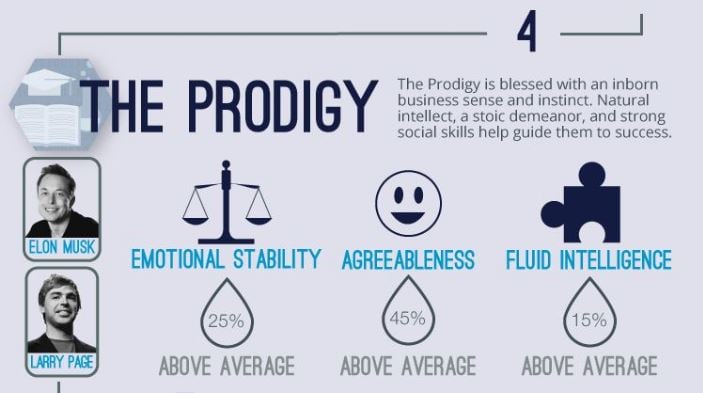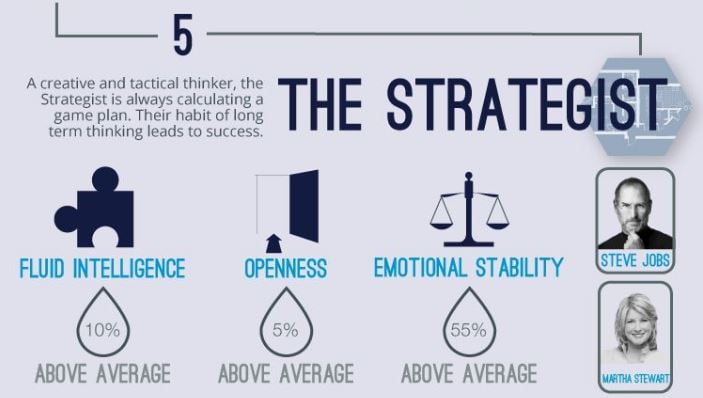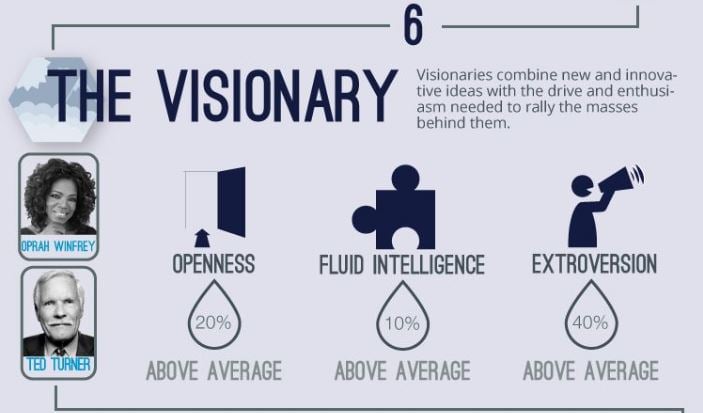Do some business models perform better than others? A study of the 1000 largest US firms (Weill et al. 2004)
The paper is a good academic exercise, and it is a difficult task the authors are trying to accomplish. The objectives are many:
- Define four basic types of business models (Creators, Distributors, Landlords and Brokers)
- Create 16 specialized variations of the above based on the type of asset involved (Financial, Physical, Intangible, or Human)
- Classify 1000 companies' business models separately for each reported revenue stream
- Draw conclusions on how each business model performs in terms of operating income, return on invested capital and return on assets.
Conclusions
The authors come to the conclusions that business models are better predictors of financial performance than industry classifications and that some business models do perform better than others. Specifically, selling the right to use assets is concluded to be more profitable and more highly valued by the market than selling ownership of assets.
As companies seldom explicitly report what business models they use, the authors did use financial reports and their own judgment to allocate revenue across different business models. This is not an easy task. I have worked with several companies using parallel business models where some have the objective to create a demand and increase the return for other business models. Think of companies selling low margin physical products to get customer lock-in for recurring high margin services, or companies providing consultancy services to enable technology and IP licensing.
It is an interesting article with an interesting conclusion. Several companies have over the last decade moved from business models based on transfer of ownership to right based or service based business models. One example is Rolls Royce that instead of selling the jet engine, it owns the engines and provide "power by the hour" by contract. Since its customers only make money when their engines are running, they only pay Rolls-Royce for that time. Rolls-Royce in turn promises to maintain it and replace it, if it breaks down.
https://cutt.ly/F2kDj8U


